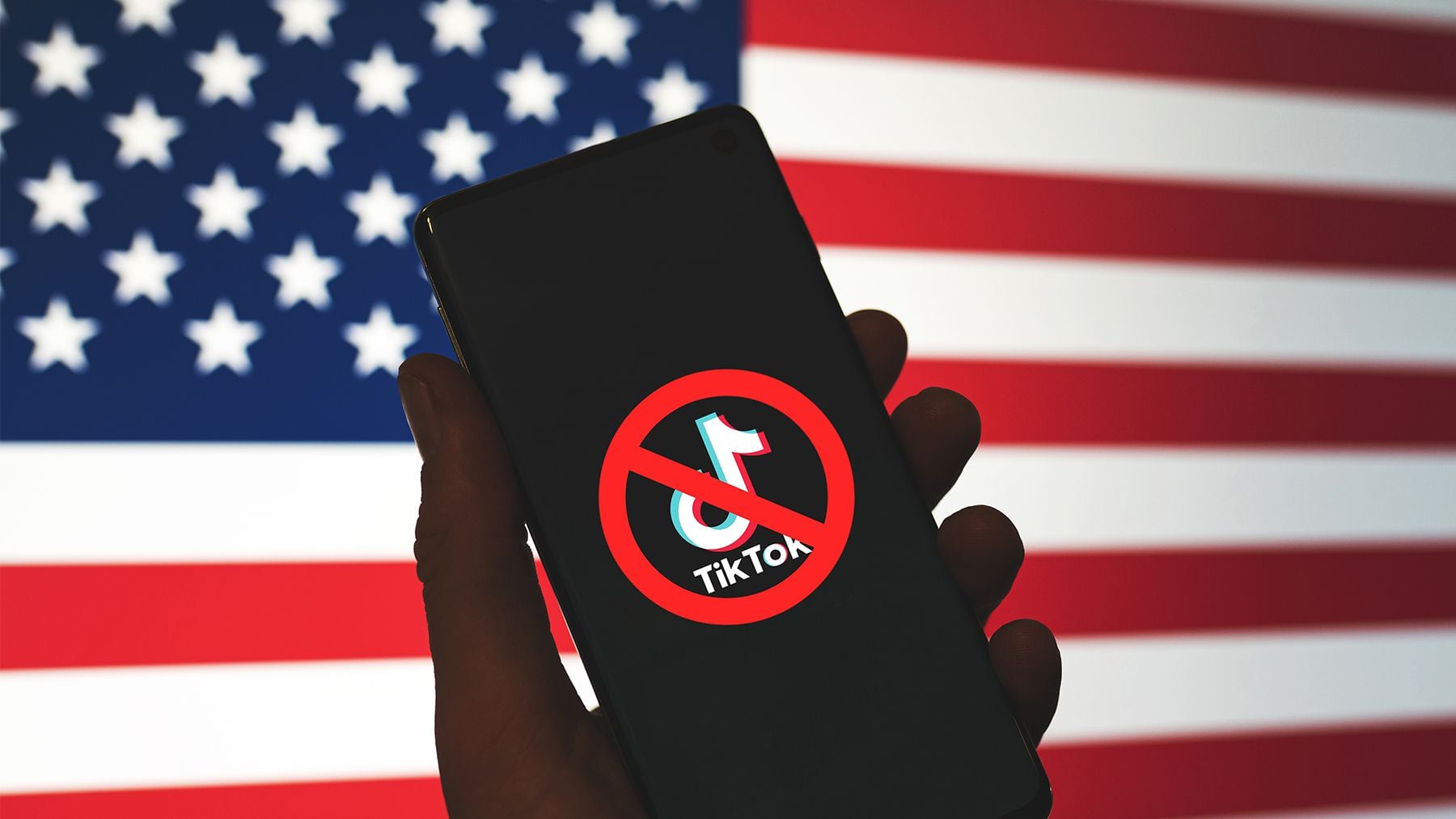
Senate Commerce Chair Maria Cantwell said she’s considering holding a public hearing on TikTok and social media following a classified briefing Wednesday with US intelligence officials.
But the Washington Democrat cautioned that she doesn’t want to rush legislation to the Senate floor that would force Chinese parent ByteDance Ltd. to divest itself of the popular video-sharing app used by 170 million people in the US.
“It’s important to get it right,” Cantwell said. “The key point is to get a tool that can be used to stop foreign actors from doing deleterious things that might harm US citizens, or US military or the US government. So we’re gonna do that. We’re gonna get it done. And we’re not going to take forever.”
The Wednesday briefing came as the lobbying battle over controversial TikTok legislation moves to the Senate after surprisingly swift passage of a House bill last week that would force a sale or ban the app in the US.
Cantwell said she’s considering holding a joint hearing with the Intelligence Committee, whose leaders have strongly supported such legislation.
“This legislation is not about banning TikTok,” Senate Intelligence Chair Mark Warner said after the briefing. “It’s making a transition from the current control by the Communist Party of China to some other owners.”
Deputy Attorney General Lisa Monaco and other national security officials have privately supported legislation that would force Chinese parent ByteDance Ltd. to divest itself of the popular video-sharing app.
They’ve warned that TikTok is subject to Chinese national security laws that can require turning over data and algorithms to the state, raising the possibility that Beijing could obtain troves of information on US users or use the app to influence American politics.
Connecticut Democrat Richard Blumenthal after the briefing called TikTok a “clear and present danger” and said virtually everything discussed should be declassified. And Arkansas Republican Tom Cotton said the app could be used in the US by the Chinese government to manipulate opinion and censor content.
The company has disputed the claim that TikTok’s having user data like name, age, phone number, email, IP address and general location amounts to the collection of tremendous amounts of sensitive information. The company said in a recent document that the information it has on users “is routinely collected by companies in order to provide access to online services.”
The company also said its algorithm for recommending content is stored on cloud servers maintained by its US partner, Oracle Corp., and that any changes to it are reviewed and managed by personnel in its US business unit. “No governments — including China or the United States — are influencing the TikTok algorithm,” the company said.
The battle over TikTok represents one of several fronts in a broader campaign by the Justice Department that officials say is aimed at preventing China, Russia, Iran and other adversaries from using technology and data in illegal or harmful ways.
By Steven T. Dennis
Learn more:
TikTok Advertisers Will Look to Rivals if US Senate Moves Ahead on Ban
Advertisers who turn to TikTok to market to young consumers are preparing contingency plans with social media rivals in the event the short-form video app is sold or banned in the US, but they are waiting for signs of Senate action before shifting marketing budgets.



